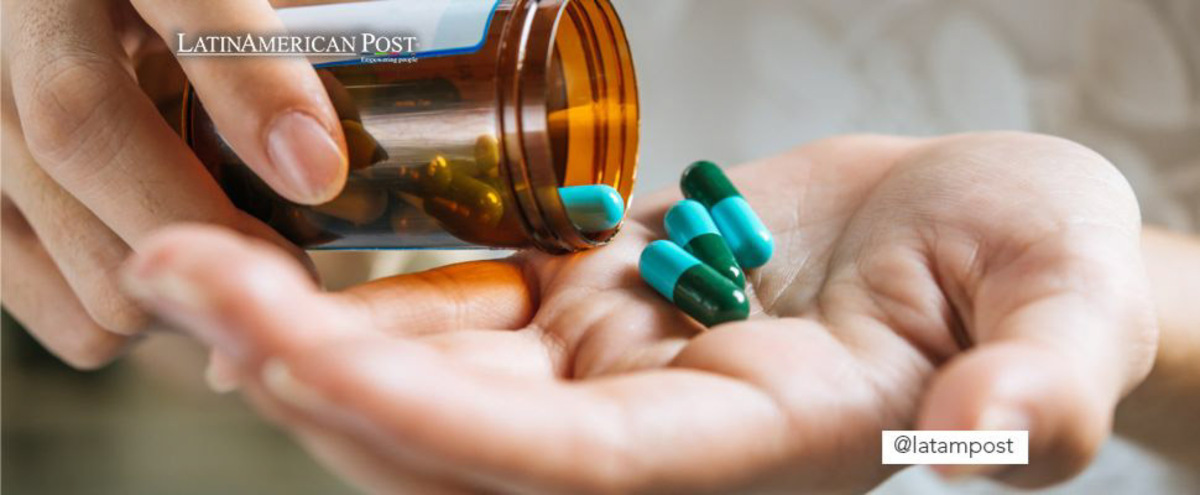Oral Treatment for Postpartum Depression: What Is It and How Possible Is It?
The US FDA approved the first oral treatment for postpartum depression a month ago. We tell you what is it about and how possible it is .

Photo: Freepik
LatinAmerican Post
Listen to this article
Leer en español: Tratamiento oral para la depresión postparto: ¿De qué se trata y qué tan posible es?
It is Zurzuvae, a pill designed to treat the symptoms of postpartum depression. In early August, the United States Food and Drug Administration (FDA) approved this medication, which will be the first orally administered.
Until now, women suffering from postpartum depression could receive treatment only intravenously with an injection. It is hoped that the pill will help and make the lives of many women more practical.
How does this new medicine work?
The effectiveness of Zurzuvae in treating postpartum depression was demonstrated in two studies in randomly selected subjects studied with placebo. These subjects, of course, were women experiencing postpartum depression according to the Diagnostic and Statistical Manual of Mental Disorders.
Studies showed that patients taking Zurzuvae expressed improvement in their postpartum depression symptoms far above those taking a placebo. The effect of the treatment also extends until day 42 after taking the last dose of the medication.
As for side effects, the drug label warns that those who take it may have their ability to drive or do certain activities that require motor skills or reflexes affected. Patients taking it should not operate heavy machinery for at least 12 hours after taking the medication.
Side effects include diarrhea, dizziness, fatigue, and drowsiness. Its use can also cause suicidal thoughts and fetal harm. Women should also use some form of contraception while taking it.
The recommended dose of Zurzuvae is 50mg, which should be taken for 14 days after a good meal.
What is the postpartum depression
Postpartum depression is included in the Diagnosis and Statistics of Mental Disorders and is a disorder that has a worldwide incidence of 15% in the female population. However, according to PAHO , the figure among Latina women residing in Mexico and the United States reaches 56%.
It is a depressive disorder during the perinatal period, which goes from the 28th week of gestation to the seventh day of the baby's life outside the mother's womb. Postpartum depression causes women to feel sadness, guilt, and worthlessness. This disorder can be potentially dangerous for the life of the mother and child since it can cause suicidal thoughts.
Read also: 7 mistakes you should avoid in the postpartum
As postpartum depression can greatly affect the bond between mother and child, this disorder not only affects mothers but can also have an impact on the physical and emotional development of the newborn.
According to Tiffany R. Farchione, MD, director of the Division of Psychiatry at the FDA's Center for Research and Evaluation, “having access to an oral medication will be a beneficial option for many of these women coping with extreme, and sometimes life-threatening, feelings.”




